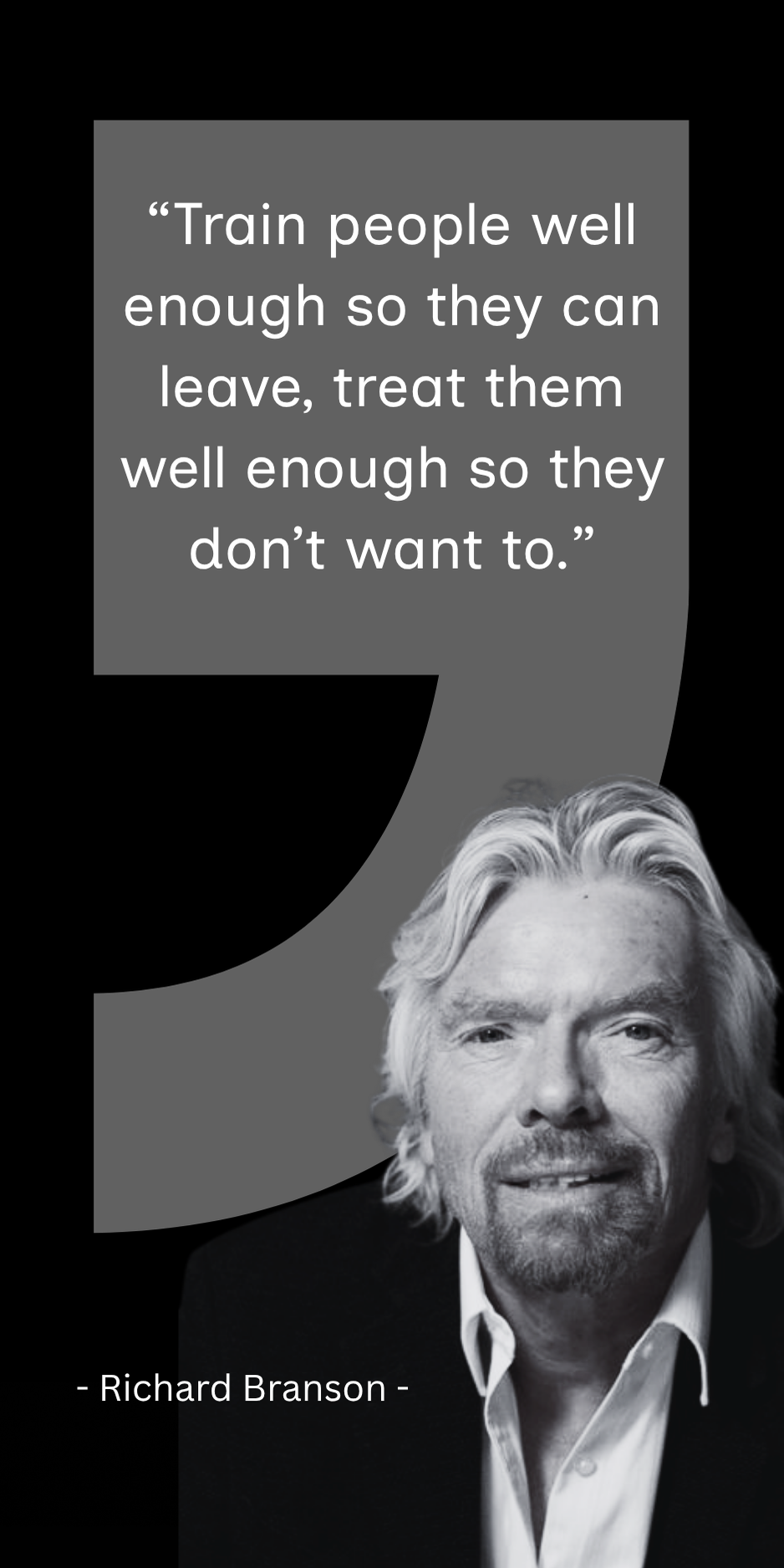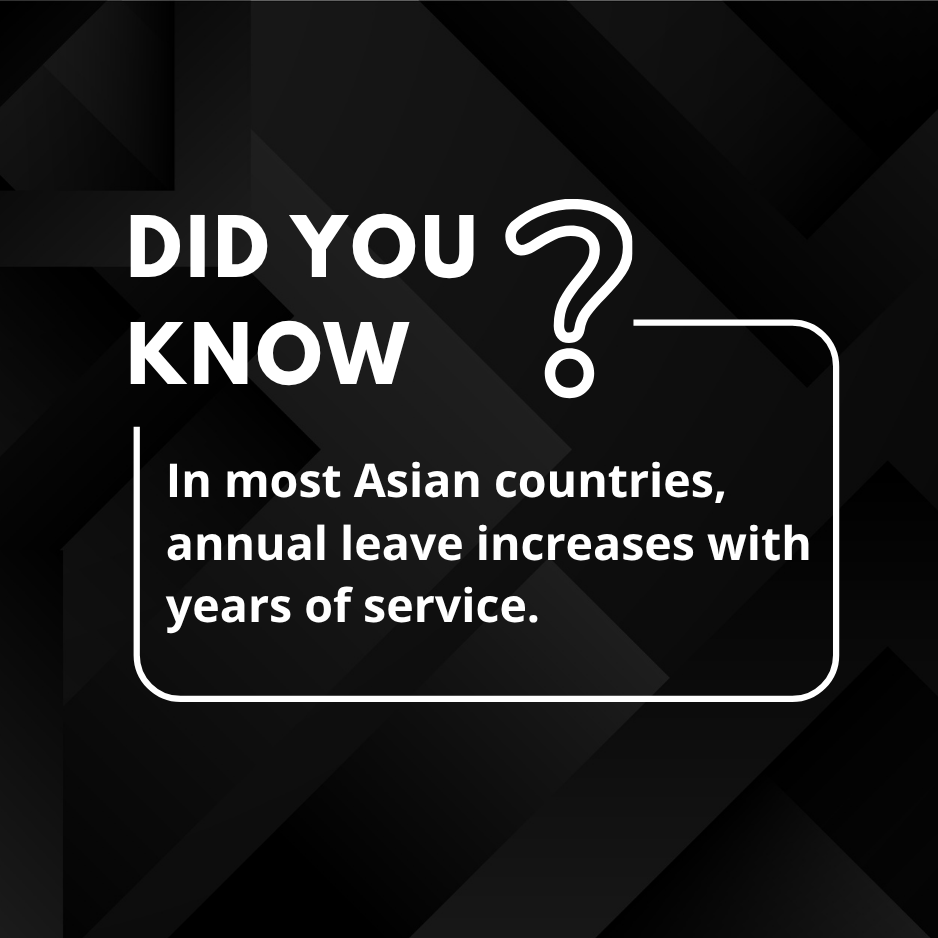Now Reading: Netflix and Unlimited Leave Policy
-
01
Netflix and Unlimited Leave Policy
Netflix and Unlimited Leave Policy

During a time when employee engagement and trust at work are the main points of focus in HR strategy, Netflix’s unlimited leave policy is one of the few initiatives that have been talked about the most. The policy, which was introduced in the mid-2000s, essentially allows employees to take as much paid time off as they want, as long as their work is done, and the expectations of the performance are met. The change was so dramatic that it exploded around the world conversations about trust, responsibility, and the place of the HR department in determining the organization’s culture. Many companies say that Netflix’s experiment has turned into a learning example of the results when control-based systems are substituted with trust-based ones.
The Philosophy Behind Unlimited Leave
At the heart of the policy of Netflix lies the core principle: superlative employees do not have to be subjected to strict rules in order to behave in the right way. Rather than keeping track of the number of vacations, the company concentrates on delivering the desired results. Employees are given the freedom to manage their time as they see fit, provided they achieve their targets hence they are allowed to take a break or a leave of absence for their own use.
Such a stance emanates from the “Freedom and Responsibility” philosophy of Netflix that revolves around the concepts of employee’s prerogative, ownership, and accountability. Instead of closely overseeing the company officials, the management desires to give them the status of mature persons who are capable of making decisions regarding their own working hours without risking the performance of the company.
Benefits of the Policy
The unlimited leave policy has many benefits that are not limited to flexibility.
- Trust and Empowerment: Workers are on cloud nine as the company shows confidence in their decision-making ability.
- Work-Life Integration: Employees can take care of both their personal and professional lives without feeling guilty, which in turn lessens the stress and the risk of burnout.
- Attraction and Retention: Implementing such a forward-thinking policy is a great plus for the employer brand, especially among the millennial workers who are known to put the highest value on flexibility and autonomy.
- Focus on Performance: HR through the removal of the administrative part of leave days tracking, changes the way they interact with the employees from the amount of time to be at work to the actual results.
- Indeed, Netflix is a perfect example of the success of the model that when combined with a strong culture of performance, unlimited vacation can be a powerful tool for engagement rather than a source of concern about accountability.
Risks and Criticisms
Even though it is attractive, an unlimited leave policy has its own share of problems. In a number of businesses, it is found that employees in such organizations take less vacation than they would under the traditional kinds of systems. The reason is that they are afraid to be considered less committed if they take more time off than their peers. If there is no clear cultural support, the unlimited leave may turn into a “work-more-trap” in which the boundaries are not distinct and rest is undervalued.
Furthermore, there exists the possibility of differences in treatment due to different managers who might silently expect different things from their subordinates with regard to what is normal or acceptable.
In those companies which are lacking a culture of honesty and responsibility like Netflix, unrestrained furlough may become a source of bewilderment, imbalance, and even of getting worn out.
Netflix’s model should not be viewed as a blueprint for the HR policy, rather it depicts a change that is based on trust rather than control. Unlimited leave is effective as one of HR’s core beliefs at Netflix is to empower and trust employees, however, they are still held accountable for their work.
The unlimited leave policy can only be effective if there is a culture of trust and high performance within the organization. In the absence of these pillars, the policy is at risk of failure. Even though the system is trust-based, there should be a clear communication of expectations. Employees must understand that time off is allowed and encouraged as well as that they are not going to be penalized for it. The leaders and managers should be the first to take leave, thus showing that they respect the need for rest and giving an implicit message that it is okay to take leave. HR should be in charge of ensuring that the main focus for performance evaluation is the achievement of the set targets and not the physical presence at work so that autonomy is not at the expense of accountability.
Trust as the New HR Currency
Netflix’s unlimited leave policy may not be universally applicable, but its influence on HR leadership is undeniable. It challenges the assumption that control guarantees productivity, replacing it with a model where trust fosters accountability. By prioritizing freedom alongside responsibility, Netflix redefined how organizations can approach employee wellbeing and engagement.
The broader lesson for HR leaders is clear: policies are only as strong as the cultures that sustain them. Unlimited leave is less about days off and more about reshaping the relationship between employer and employee where trust becomes the foundation of accountability.












